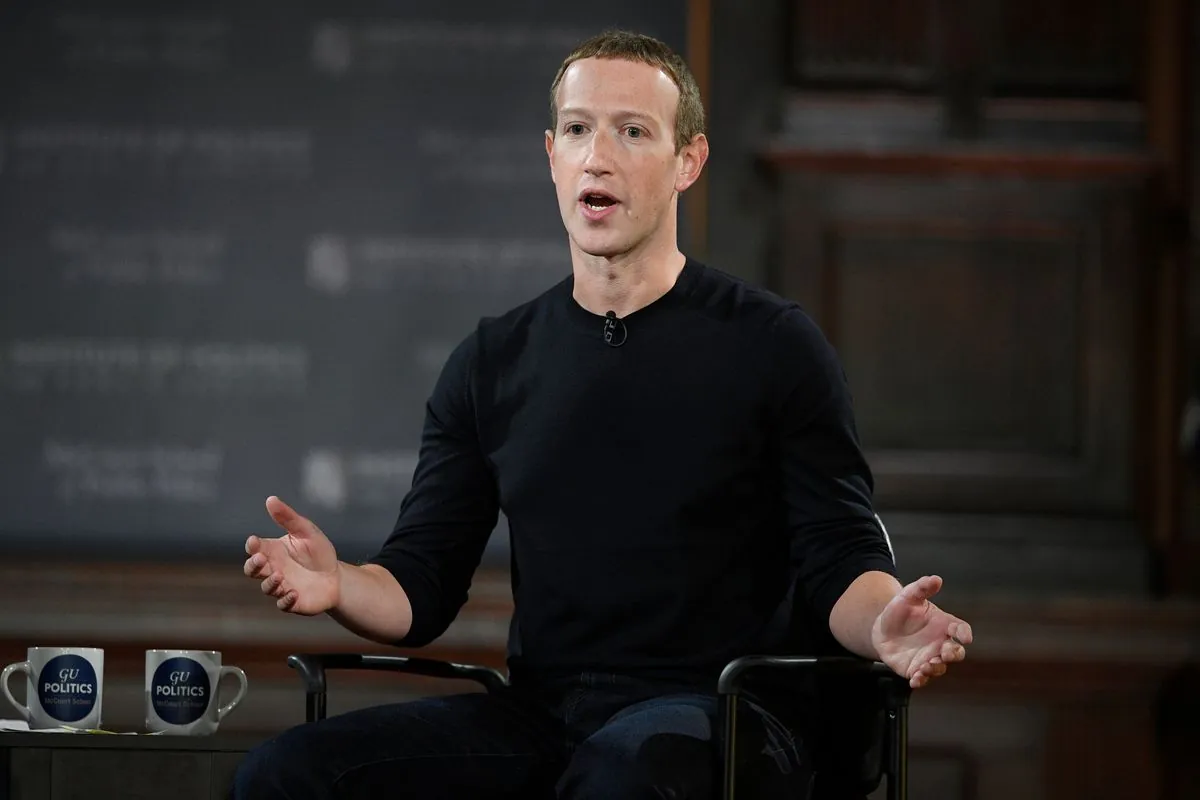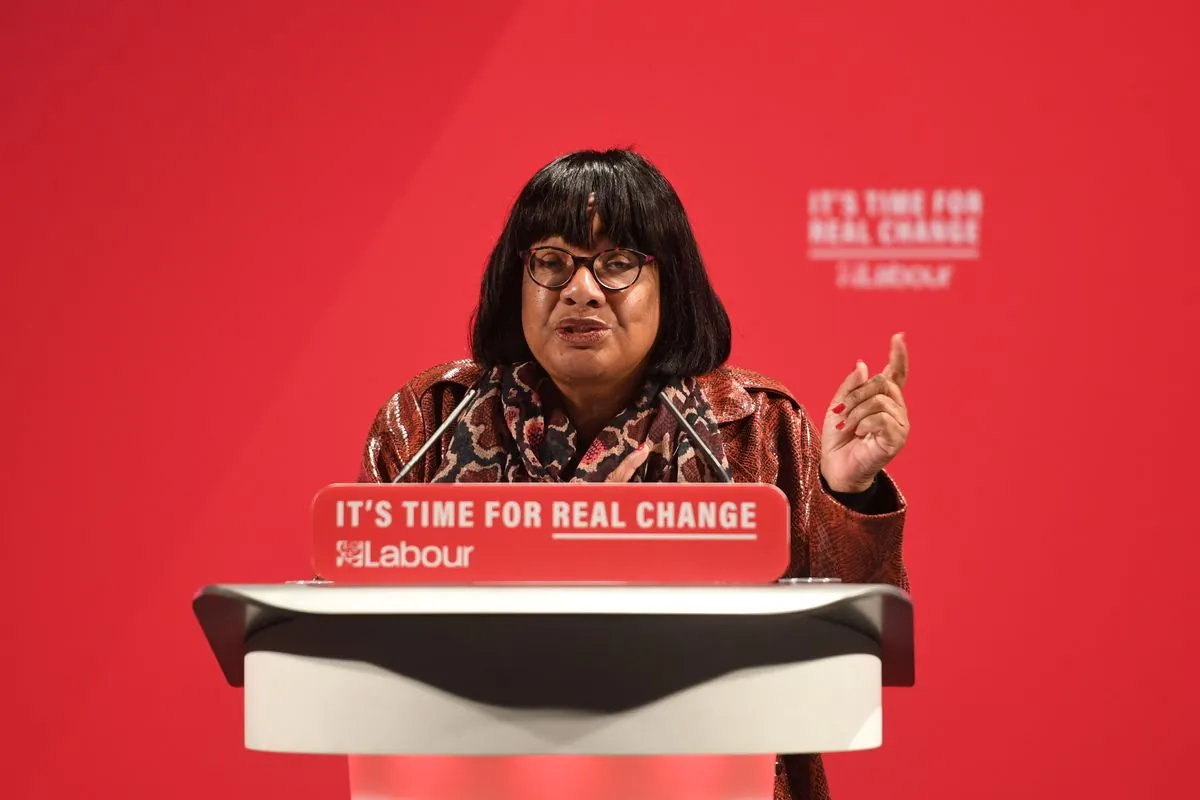Facebook's COVID Content Moderation: Pressure, Regret, and Shifting Landscape
Facebook faced government pressure over COVID-19 content moderation, leading to internal conflicts and eventual regret. The social media giant's stance has evolved amid changing public sentiment and legal challenges.

Three years ago, the relationship between Facebook and the US government reached a critical point over COVID-19 content moderation. This tension, which had been building for months, erupted when President Biden publicly criticized the social media giant in July 2021.
"They're killing people," Mr Biden told reporters when asked about the spread of anti-vax messages, before repeating the claim for emphasis. "The only pandemic we have is among the unvaccinated. And they're killing people."
This statement marked a low point in Facebook-White House relations, prompting strong reactions from top executives. Sheryl Sandberg, then Chief Operating Officer, expressed frustration in a group chat, suggesting the administration was scapegoating Facebook to cover its own shortcomings in managing the pandemic.
Nick Clegg, Facebook's lobbying chief and former UK Deputy Prime Minister, described the White House's behavior as "highly cynical and dishonest." The company had been cooperating with government requests, even demoting content that didn't violate its rules, such as a video by Fox News host Tucker Carlson questioning vaccine effectiveness.

In the UK, similar pressures were applied. Matt Hancock, then Health Secretary, urged Clegg to remove anti-vaccine material and demonetize related content. The government's Counter Disinformation Unit monitored posts critical of lockdowns and vaccine passports, using its "trusted flagger" status to expedite content removal requests.
Despite some resistance, Facebook largely complied with government demands. The company removed claims about COVID-19 being man-made and comparisons to the flu. However, this compliance came at a cost to the platform's principles.
Recently, Mark Zuckerberg admitted regret over not being more outspoken against government pressure. In a letter to a US Republican, he stated, "I believe the government pressure was wrong, and I regret that we were not more outspoken about it."
The landscape has shifted since 2021. Public pressure on social media companies has waned, and Meta (Facebook's parent company) has reduced its moderation workforce. Legal challenges to content moderation have also emerged, with a US judge temporarily banning federal agencies from demanding content removal in 2023.
As of August 2024, Facebook's stance on content moderation appears to have evolved. Zuckerberg's recent statements suggest a renewed commitment to the platform's standards, learning from past compromises made under pressure.
This shift occurs against a backdrop of ongoing debates about free speech, misinformation, and the role of social media in public discourse. As these platforms continue to shape global communication, the balance between moderation and free expression remains a critical challenge for both tech companies and governments.


































